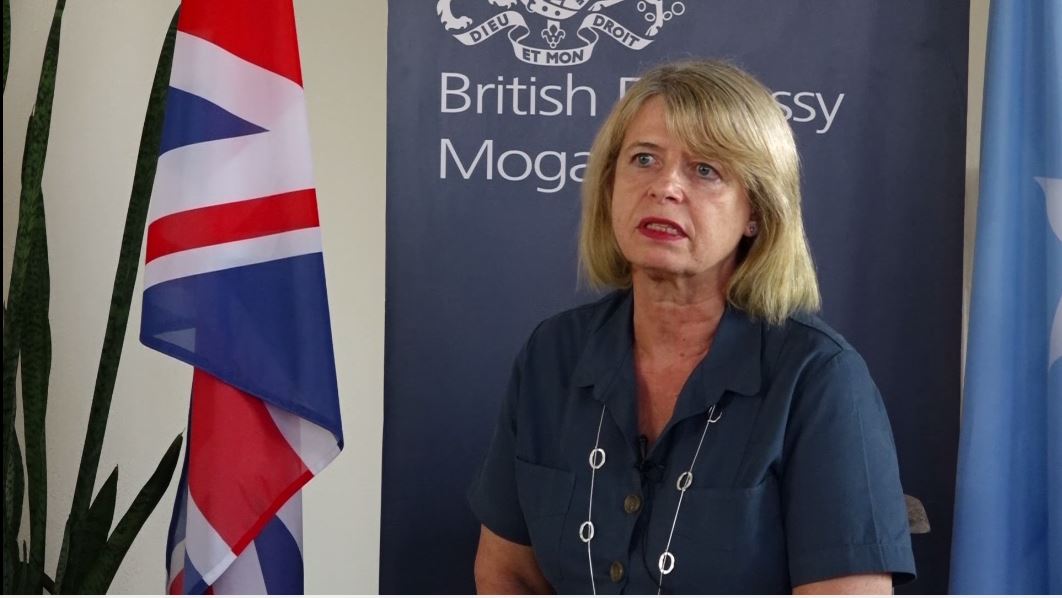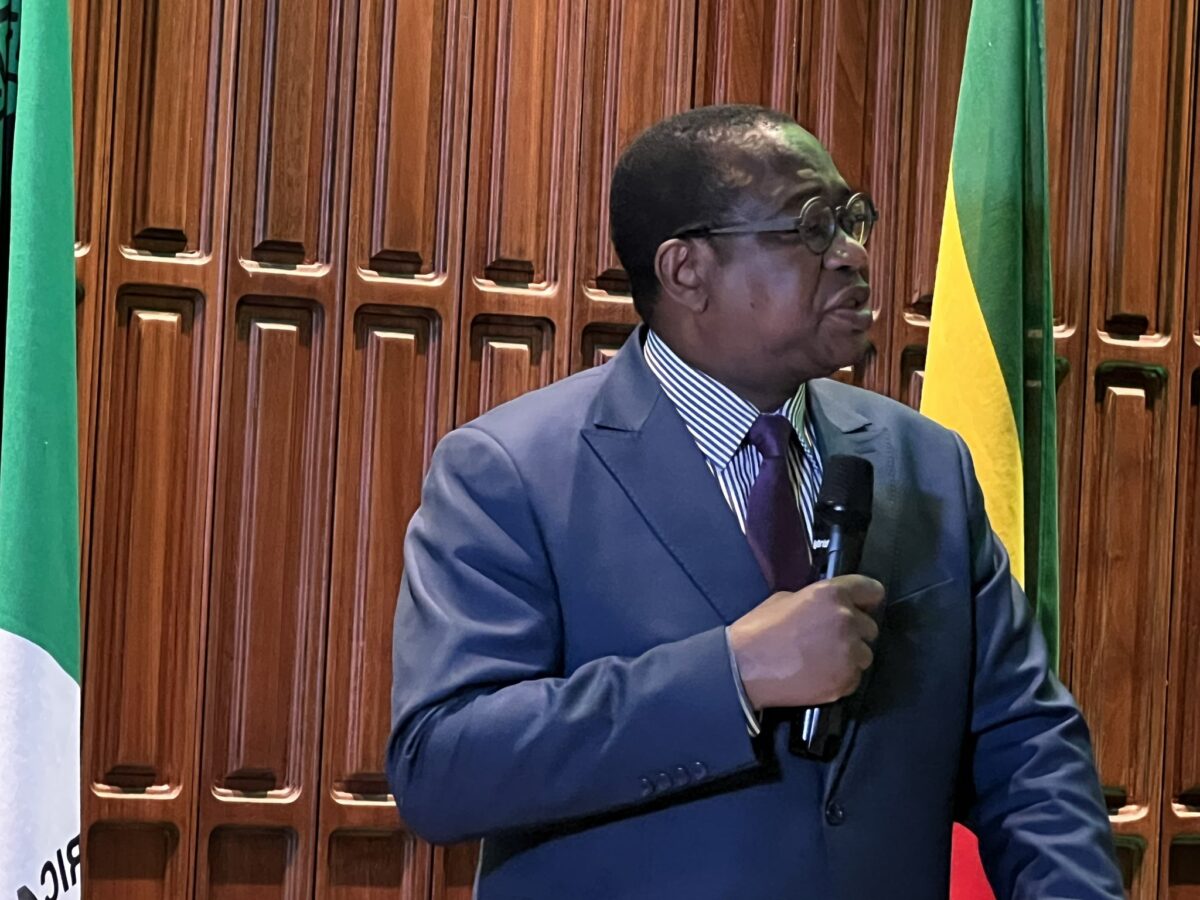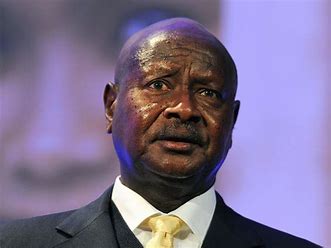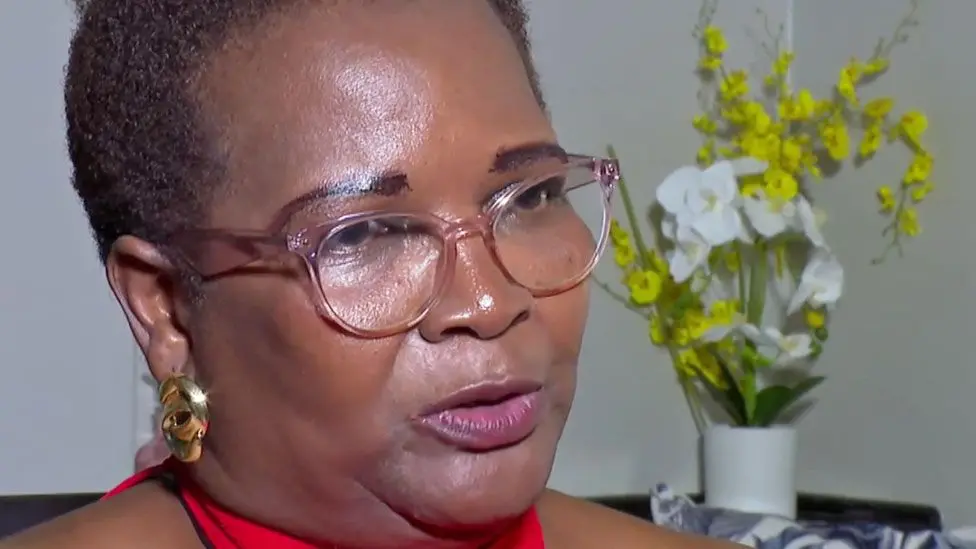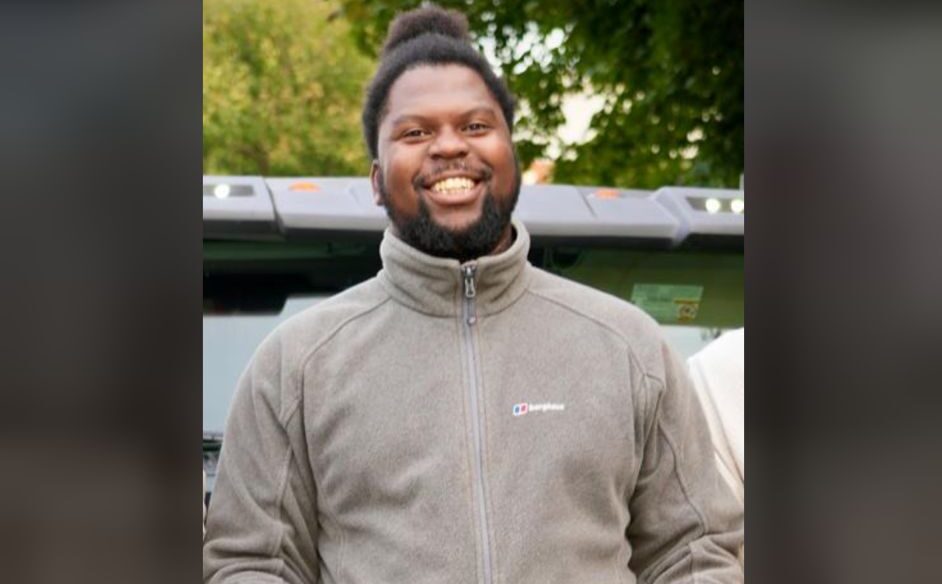LONDON, United Kingdom – Britain says it will consider adding more names to European Union travel sanctions targeting Zimbabwe’s political, military and police chiefs to punish ongoing human rights abuses.
Harriet Baldwin, the Minister for Africa, said they had been particularly disappointed by President Emmerson Mnangagwa’s failure to walk the talk after his government failed to bring prosecutions against those responsible for the post-election August 1, 2018, killing of six opposition protesters in Harare.
Mnangagwa has also vowed that “heads will roll” after the military crackdown last month that followed fuel protests on January 14, but again no-one had faced justice as the death toll climbed to 17 on Tuesday.
Baldwin, appearing before the Parliamentary Committee on International Development on Tuesday, said Britain would also oppose Zimbabwe’s bid to be re-admitted to the Commonwealth.
“Talking about sanctions, the committee may be aware that the process of rolling over the EU sanctions has just come up and the UK has been urging that it is not the right time for us to allow the sanction to expire,” Baldwin said.
“My thinking is that since the recent developments, we think they might be a case for widening it to include further individuals.”
The EU first imposed sanctions on Zimbabwe in 2002, but since then they have been narrowed. From a list of 72 individuals who had travel bans and asset freeze orders against them, only seven people and one entity are still subject to sanctions, which expire on February 20.
The seven, former President Robert Mugabe, his Grace Mugabe, former CIO director general Happyton Bonyongwe, former police chief Augustine Chihuri, current Vice President Constantino Chiwenga, Agriculture Minister Perrance Shiri and Zimbabwe Defence Forces Commander Phillip Valerio Sibanda are still on the sanctions list, along with the Zimbabwe Defence Industries.
Mnangagwa could head a new expanded list, if the UK gets its way at the European Union.
“We’ve been aware that the president has said that heads will roll; we have not seen any specific head rolling,” Baldwin said, warning that the new sanctions regime could include the children of those listed.
Mnangagwa’s year-long carefully crafted plan to end Zimbabwe’s international isolation is up in smoke, as Balwin indicated that a Commonwealth readmission for the country is being put on ice.
Returning to the Commonwealth, from which Mugabe withdrew the country in a rage in 2003, was a major part of Mnangagwa’s re-engagement plan. To be admitted, a country needs all members to vote in its favour. But if a vote was to be taken on that today, Baldwin says, Britain would vote against Zimbabwe’s readmission.
“It would have to be a unanimous decision by all 53 members, but as of today, the UK would not be able to support that application because we don’t believe that the kind of human rights violations that we are seeing from security forces in Zimbabwe are the kind of behaviour that you would need to see from a Commonwealth member,” Baldwin said.
She had summoned Zimbabwe’s ambassador to the UK, Christian Katsande, to “take back to his government the message that we deplored this form of disproportionate violence from security forces”.
She had also taken a call from Zimbabwe Foreign Affairs Minister, Sibusiso Moyo, and expressed her concern over the violence.

